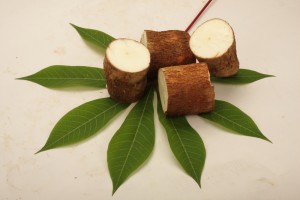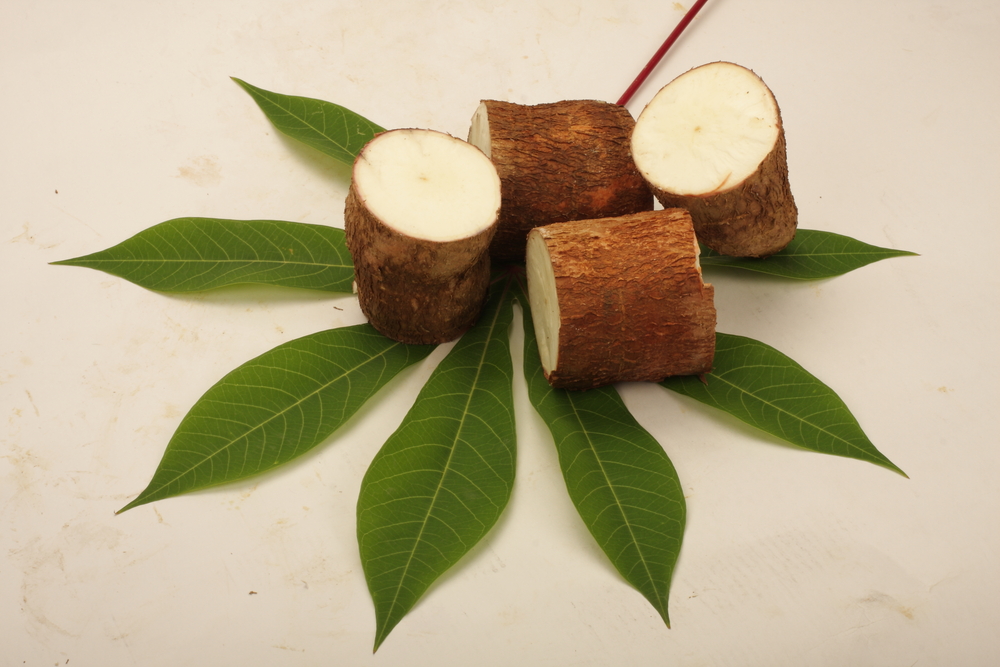 Cassava, or Manihot esculenta, belongs to the family Euphorbiaceae and is cultivated in tropical and subtropical regions for its edible starchy tuberous root, which is commonly dried into a powder and named tapioca.
Cassava, or Manihot esculenta, belongs to the family Euphorbiaceae and is cultivated in tropical and subtropical regions for its edible starchy tuberous root, which is commonly dried into a powder and named tapioca.
In a study entitled “Antioxidant and anti radical activities of Manihot esculent a Crantz (Euphorbiaceae) leaves and other selected tropical green vegetables investigated on lipoperoxidation and phorbol-12-myristate-13-acetate (PMA) activated monocytes,” published in Nutrients journal, a group of researchers investigated the capacity of aqueous extracts prepared from vegetables, including tapioca, to inhibit the per oxidation of a linoleic acid emulsion. The ability of the extracts to decrease the cellular production of reactive oxygen species (ROS) in inflammation-like conditions was studied in a cell model of human monocytes activated with phorbol ester.
Tapioca has been associated with some health benefits, such as healthy weight gain, increased red blood cell count, improved digestion, preventing diabetes, protecting bone mineral density, preventing Alzheimer’s disease and maintaining fluid balance within the body.
Furthermore, it has been experimentally shown that methanolic extract of Manihot esculenta has potent anti-anthelmintic and anti-inflammatory activity.
Several methods have been developed to extract the antioxidant fraction of plants and food material, with the extraction yield and the activities of the obtained extracts depending on many factors, such as the solvent used and its polarity, temperature, pH, the plant part, material preparation and the presence of hydrophilic and/or lipophilic compounds.
The results from this study demonstrated that plant powders contained different amounts of total polyphenol and flavonoid, depending on the plant analyzed, and that the identified compounds partially explained the inhibition of oxidation observed.
Based on the experimental evidence, the team concluded that plant extracts may act directly on reactive species, crossing the cell membrane and acting on cellular enzymes responsible for ROS production, mainly NADPH-oxidase which in turn participates in inflammatory processes.
The connection between inflammation and tumorigenesis is well established, with a lot of supporting evidence from genetic, pharmacological, and epidemiological data over the last decade.
Inflammation is also likely to be involved with many forms of sporadic as well as heritable colon cancer.
The findings in this study could serve as a platform for future research focusing on the natural anti-inflammatory properties of certain types of plants and their possible use in colon cancer prevention.


